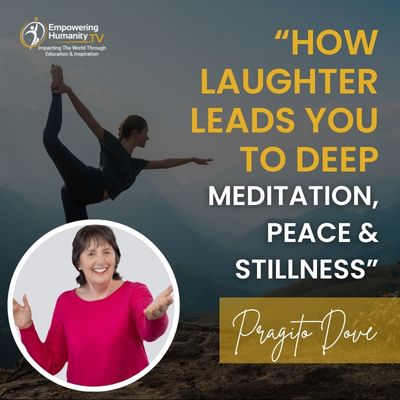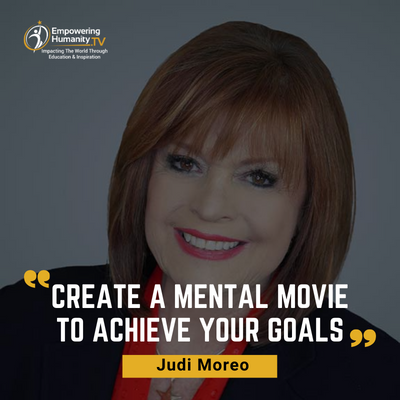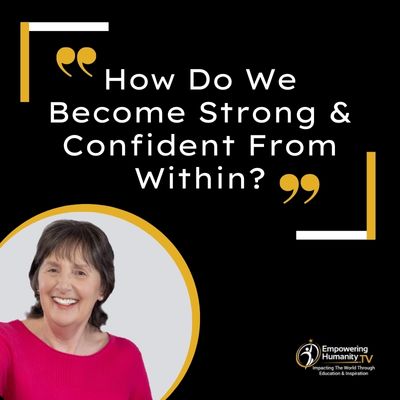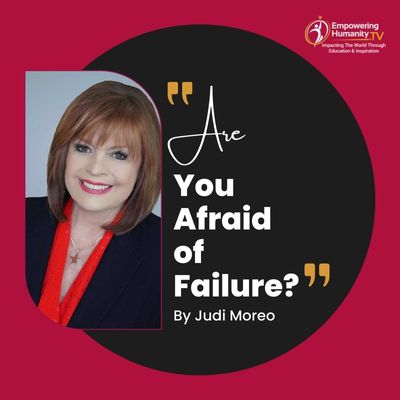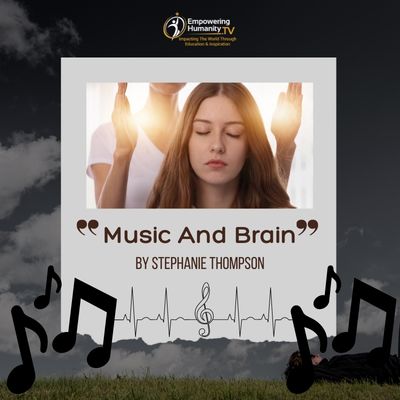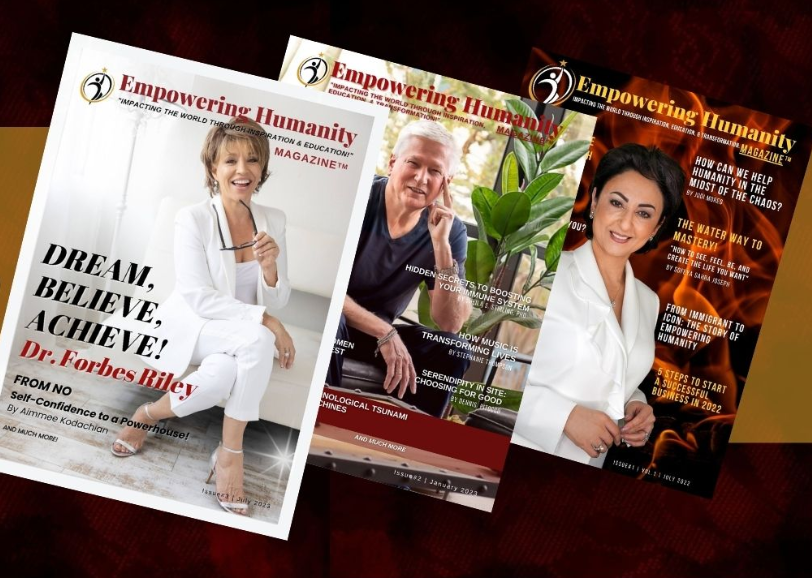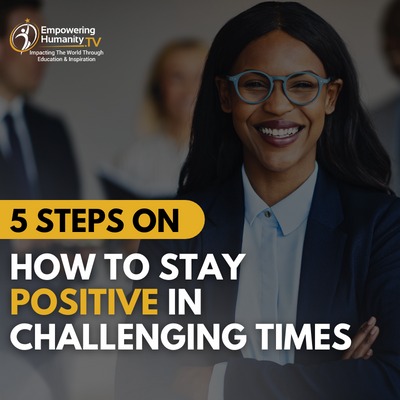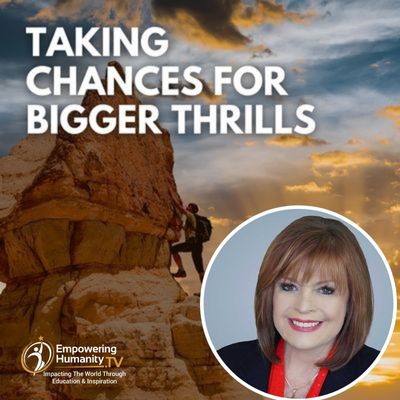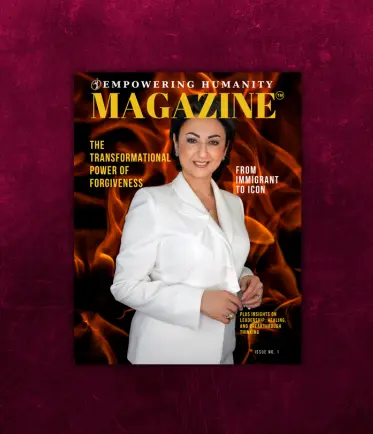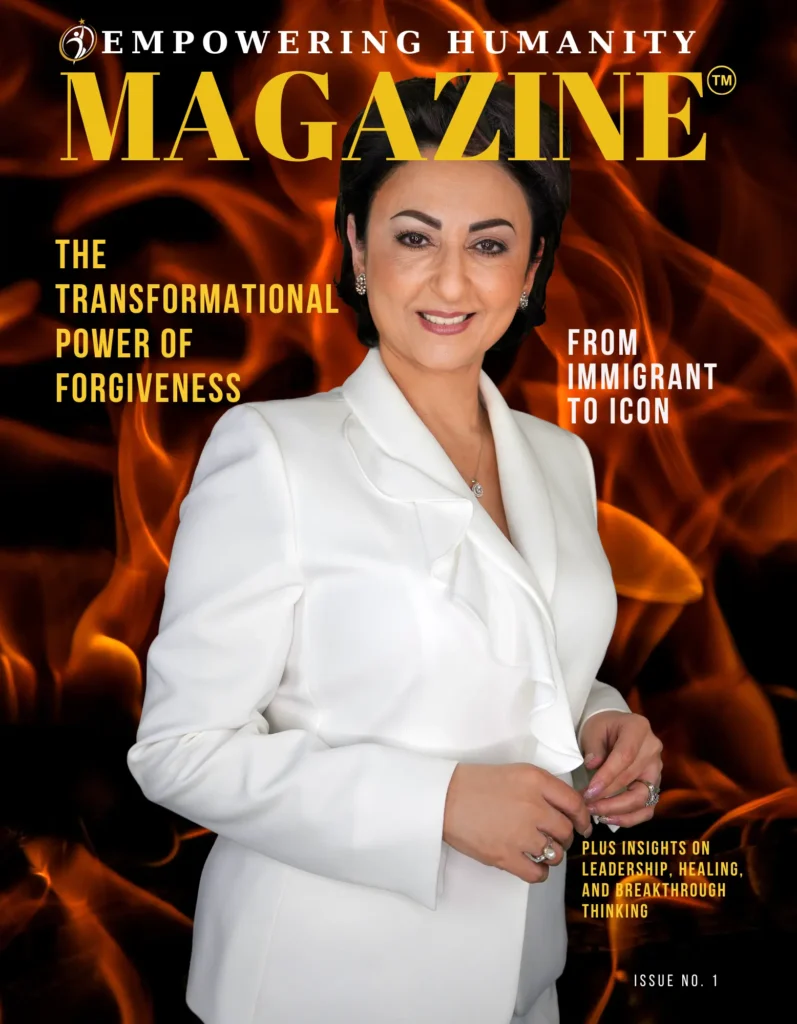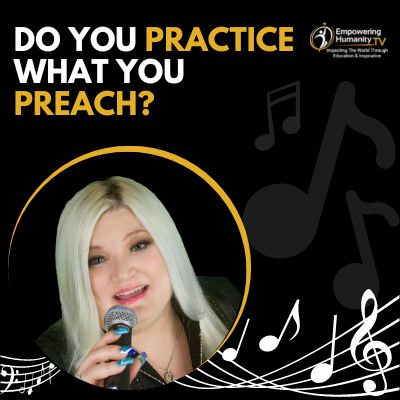“How Laughter Leads You To Deep Meditation, Peace & Stillness”
by: Pragito Dove
Laughter can lead me to deep meditation?
I never imagined such a thing was possible. As a child I longed to laugh, giggle and be funny but this was frowned upon in our household. Yet the giggles remained, albeit stuffed down deep in case inappropriate gales of laughter erupted at an inopportune moment.
As an adult embarking upon therapy to heal childhood wounds, I experienced a lot of sadness. Allowing those feelings was deeply healing, but unknown to me at the time, the laughter was waiting to bubble up to the surface and make it’s own powerful contribution to my physical, emotional, and spiritual well-being.
In my late twenties I traveled to India to delve deeper into the expressive meditation techniques I had heard about, which were created by the enlightened mystic Osho. Amongst the range of expressive techniques, including laughter, tears, dancing, and gibberish, I found a different kind of therapy, a meditation therapy, that worked quickly and powerfully to heal and transform my fear and sadness into joy and inner peace.
The Laughter Meditation was my favorite. Just laughing for the sake of laughing was an inexplicable joy, awakening my creativity, innate happiness and sense of humor. Everything changed, as if life had gone from black and white to technicolor. I could hardly believe that so much joy was possible. I discovered there is always more laughter, more joy, more happiness because it comes from inside us, from our very source of being. It has nothing to do with anyone or anything on the outside.
The laughter washed through my body, opening my heart, releasing all the tensions, calming the anxiety and fear in my mind and allowing me, for the first time, to experience deep, inner peace.
Laughter serves as a bridge to take you deeper into your inner silence. Laughter is an ordinary experience that can give you an extraordinary experience, a glimpse of no-mind, of meditation, of a transcendence of mind. It can be used as a preparation for meditation.
Through the Laughter Meditation technique, you can make a conscious practice of using laughter to release your stress and drop deeper into inner silence and stillness.
Laughter gives you a glimpse of freedom from the mind
For those moments when you are totally laughing, you are free of the mind. All your problems disappear for a few seconds, don’t they? In those seconds of hilarity you are brought from worry to joy, from tension to relaxation, from fear to trust, from timidity to courage, from the mind to the heart.
You cannot think and laugh at the same time. In those moments when you are out of the mind you are in meditation. In those seconds the mind is not and you are in the present moment. Meditation is being in the present moment!
THE LAUGHTER MEDITATION
Step One: (One Minute)
Start laughing. You can shout out “Yahoo” a few times and raise your arms up in the air, or use a funny Youtube video, or any idea you have to start yourself laughing.(It’s easier, especially at the beginning, to do this with at least one other person.) Do not speak in any language you understand (Gibberish is good). Just laugh!
Step Two: (One Minute)
Sit in silence with your eyes closed. If there is still laughter bubbling up, allow it. Never repress your laughter. Eventually your laughter transforms into a joy-filled silence.
You can do this technique for any amount of time that you wish. For example two minutes of laughter followed by two minutes of silence. Take the same amount of time for each stage.
Laughter is one of the easiest ways to free yourself from the mind’s constant thought process and find inner peace. It will make you more alive, more healthy, more creative, and more silent. Simply relax into the enjoyment. You will discover in yourself a tremendous natural talent for rejoicing in life. You may even laugh your way to enlightenment. Yes, it’s that good. Remember to laugh, a lot, every day!
Reproduced with permission from Pragito Dove www.discovermeditation.com

